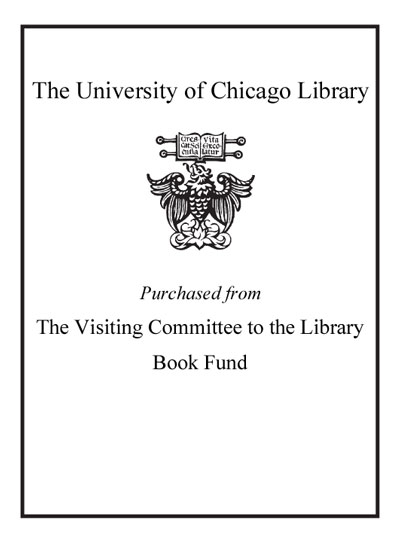Review by Choice Review
In this study of Brazil's auto industry, Addis (Rutgers Univ.) focuses on the role of auto parts firms in supplying companies that assemble cars and trucks. The author notes the cooperative relations between these two groups during the period of implantation of the auto industry (1956-61), made necessary by the Kutischeck government's insistence that vehicles assembled in Brazil consist largely of parts made within the country. This forced assembler firms to help suppliers get started and rapidly expand to meet the "made in Brazil" government requirements. Once the industry was firmly established, however, cooperation of assemblers and suppliers largely ended, a confrontational relationship taking its place. Addis brings the story to the 1990s, tracing in detail shifting relations among assemblers, suppliers, and government. She stresses that although all three sectors talked in terms of a "mass production" auto industry, most suppliers did not operate on a mass production basis. This study also describes the marked growth of car part exports by the Brazilian auto industry, particularly in the 1980s and thereafter, and the economic and political background to the growth of this industry. Of particular interest to students of economic development and Latin American studies. Graduate and research collections. R. J. Alexander; Rutgers, The State University of New Jersey, New Brunswick
Copyright American Library Association, used with permission.
Review by Choice Review

